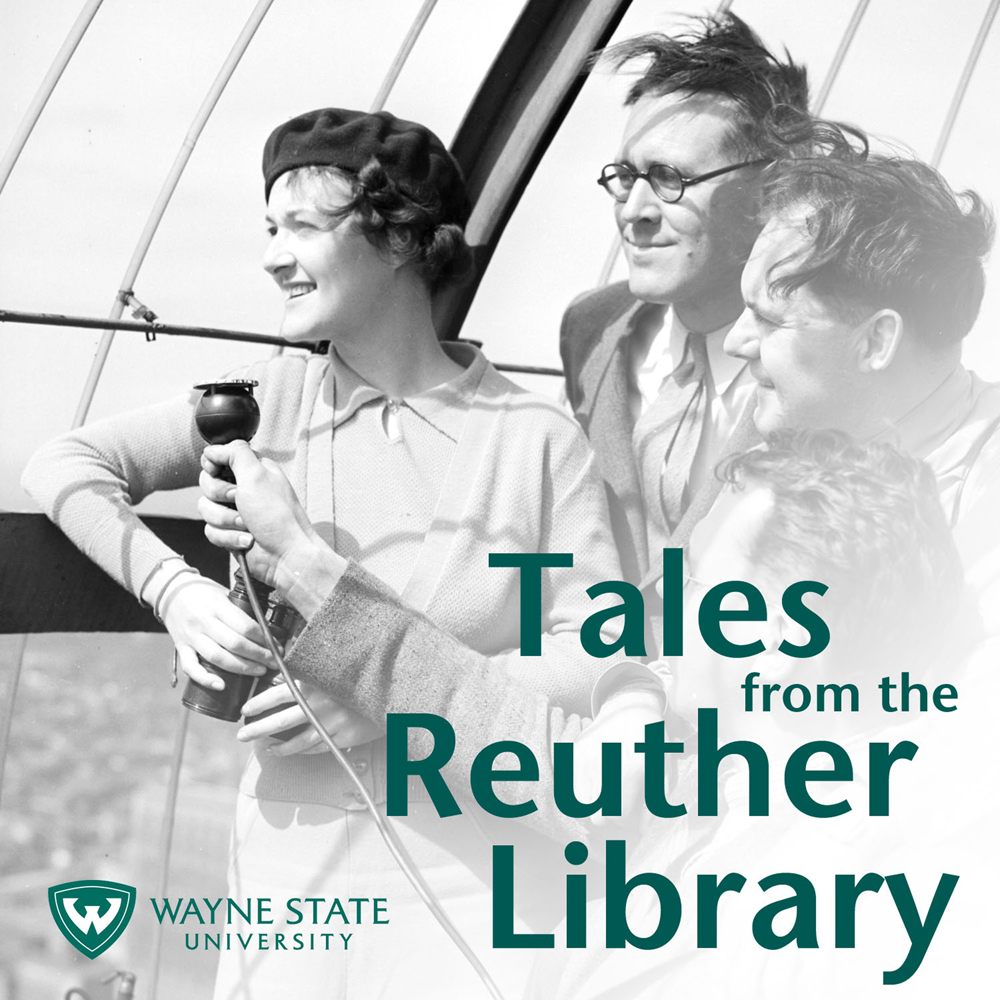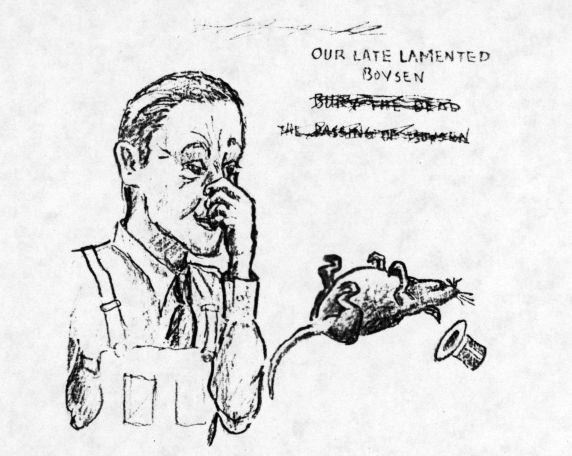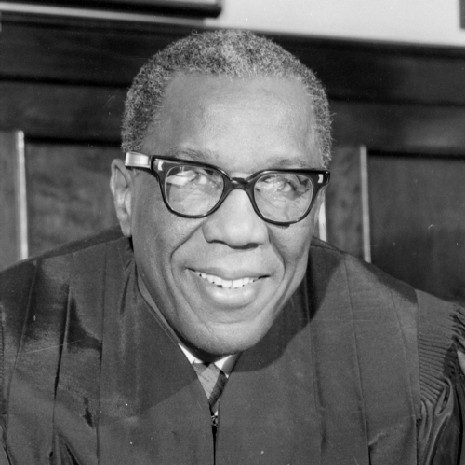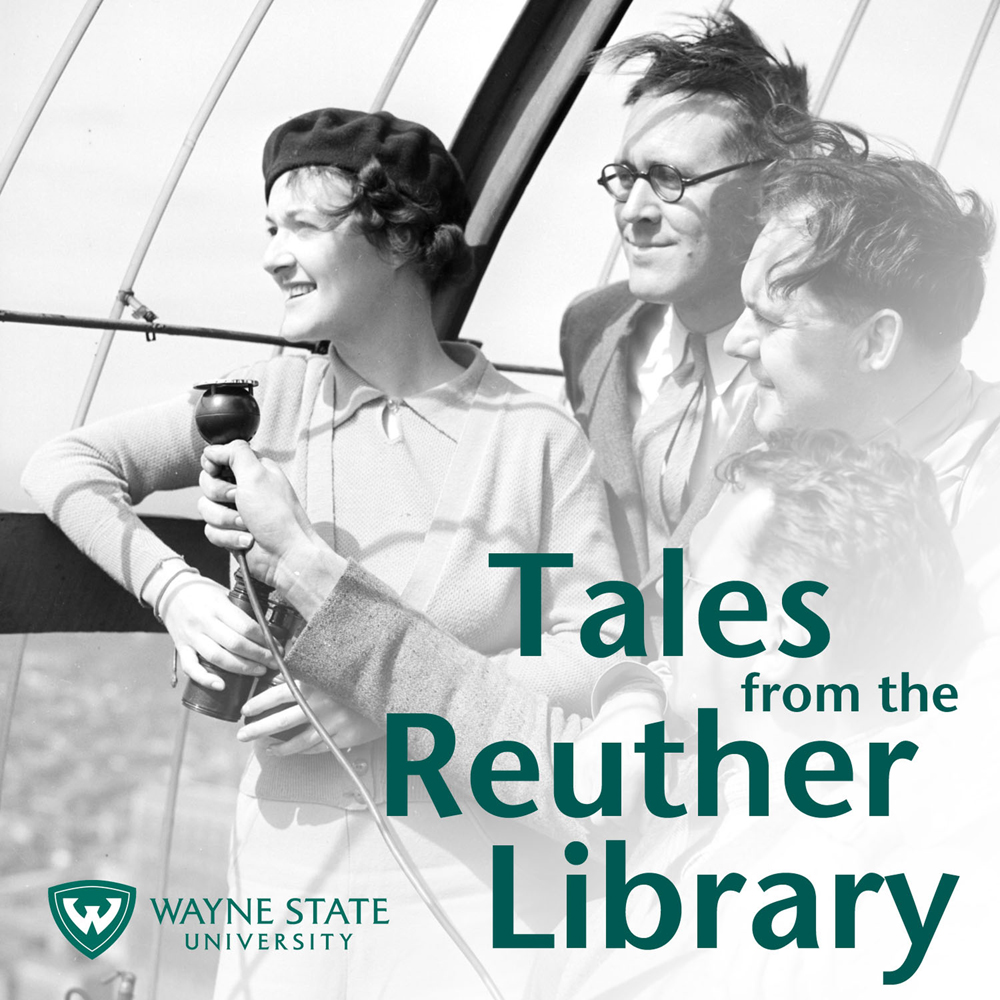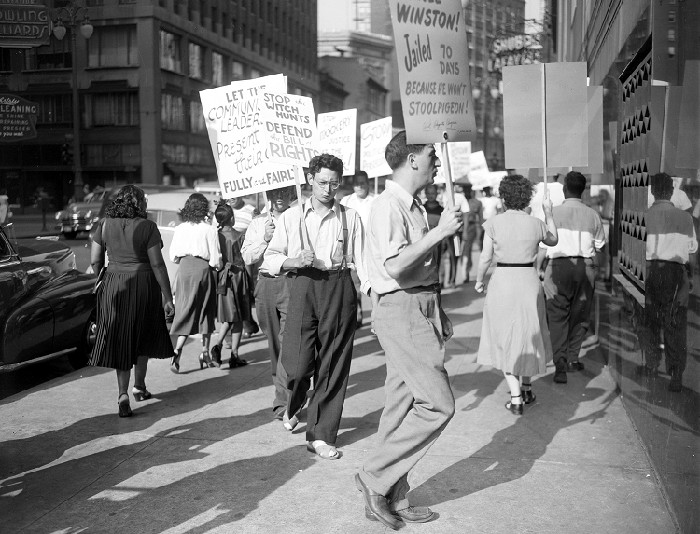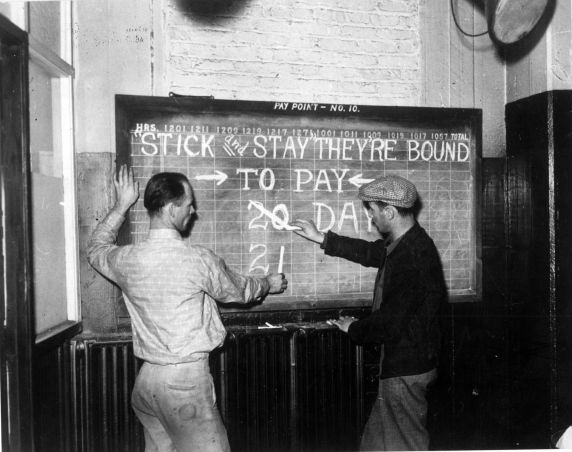Dr. Stephen Silvia explains how the UAW built a cooperative relationship with workers’ councils and unions at foreign automotive companies, but has nevertheless struggled to organize those companies’ vehicle factories in the southern United States since the 1990s due to anti-labor politics and the companies’ shared anti-union playbooks. Silvia is a professor in the School of International Service at American University and author of The UAW’s Southern Gamble: Organizing Workers at Foreign-Owned Vehicle Plants.
Related Resources:
The UAW’s Southern Gamble: Organizing Workers at Foreign-Owned Vehicle Plants
Related Collections:
UAW President’s Office: Douglas Fraser Records (LR001116)
UAW Vice-President’s Office: Donald Ephlin Records (LR001404)
UAW President’s Office: Howard Young Records (LR001400)
UAW President’s Office: Owen Bieber Records (LR001270)
UAW President’s Office: Stephen P. Yokich Records (LR001626)
Episode Credits
Producers: Dan Golodner and Troy Eller English
Interviewee: Stephen J. Silvia
Music: Bart Bealmear
Podcast: Play in new window | Download | Embed
Subscribe: Apple Podcasts | RSS | More
